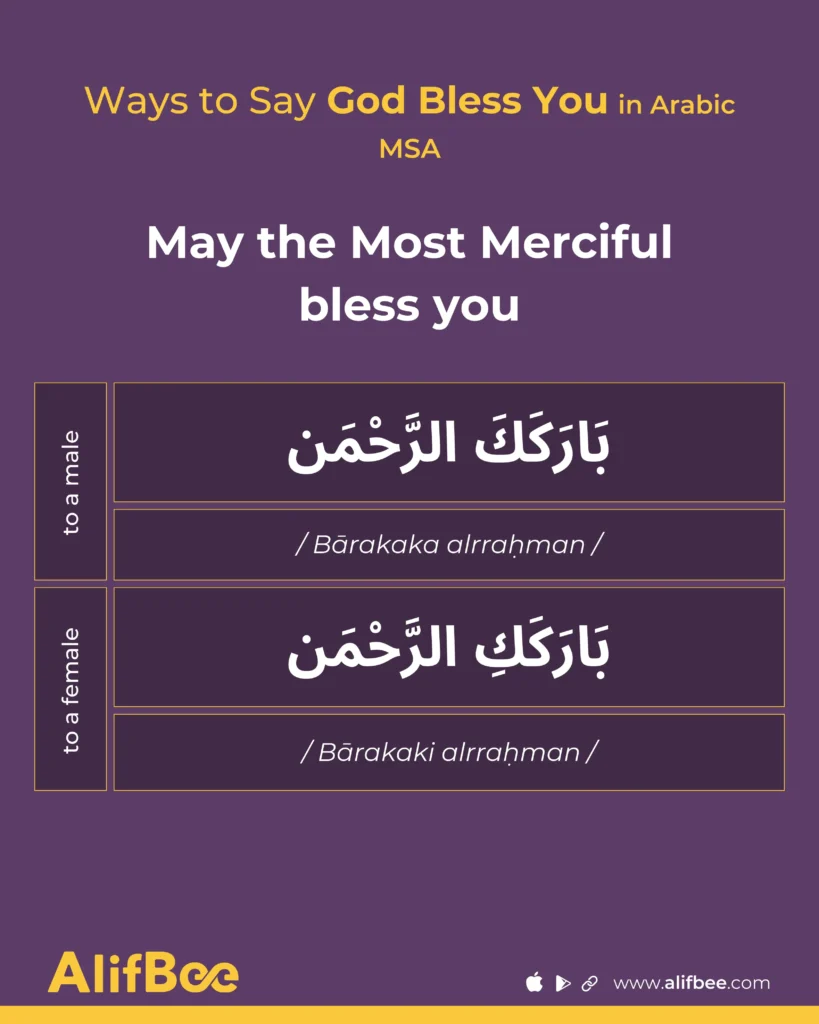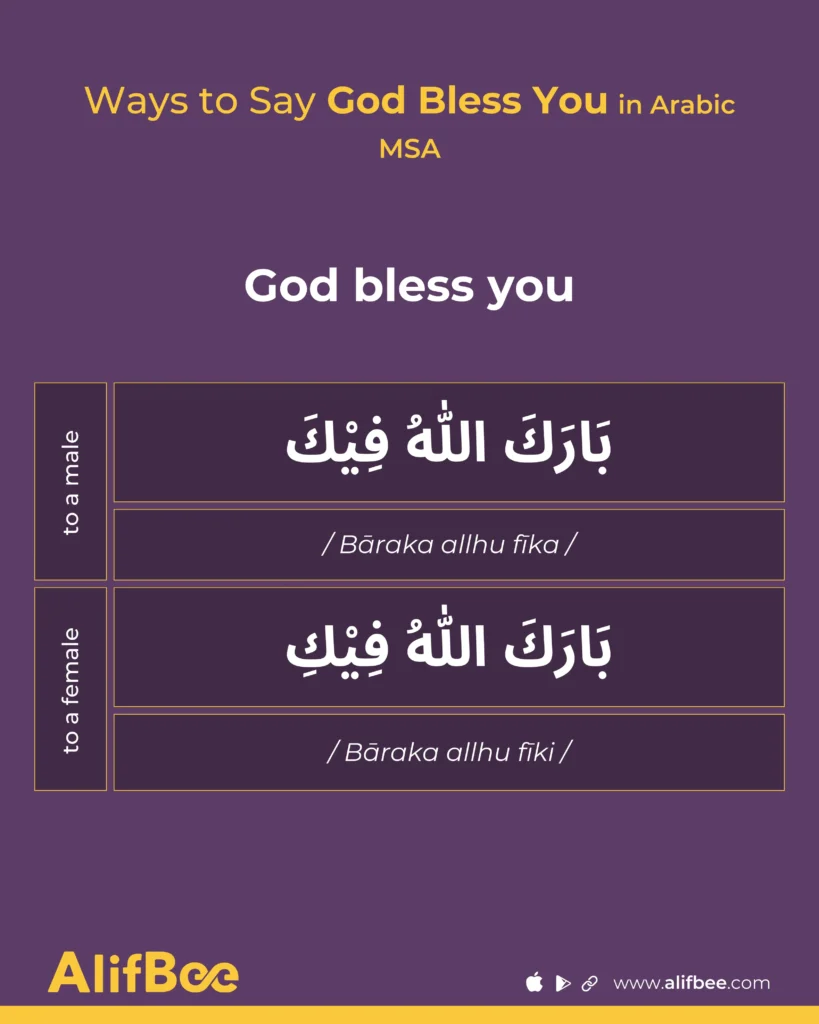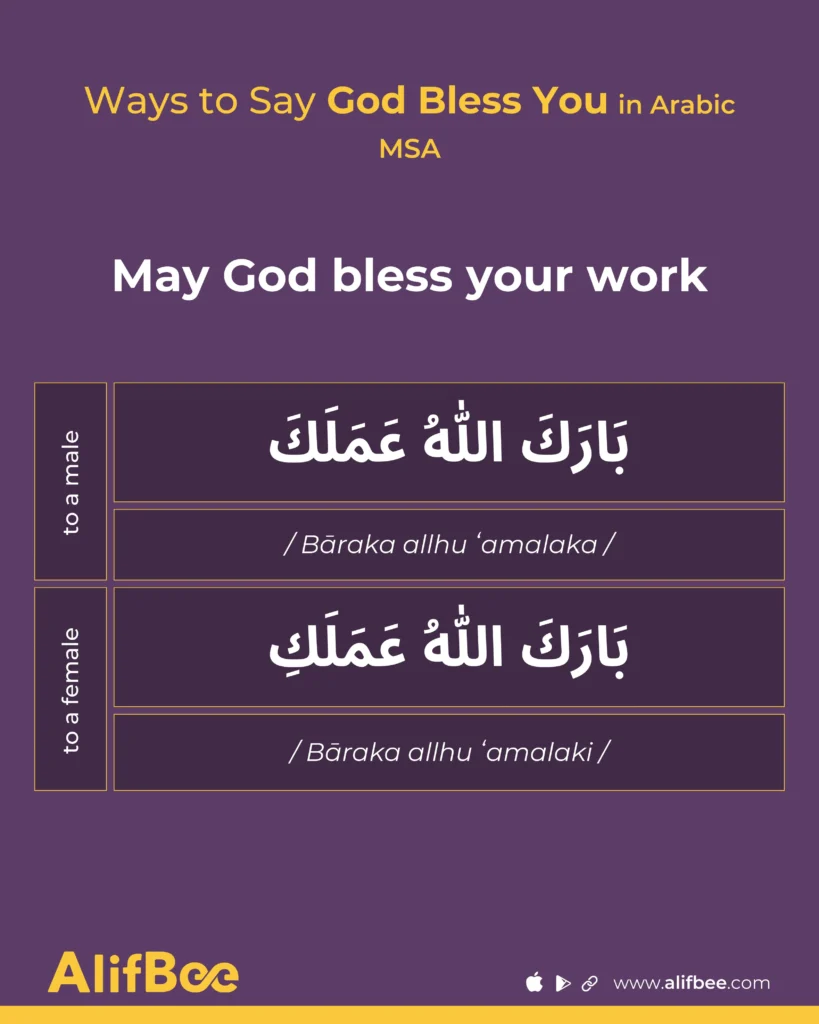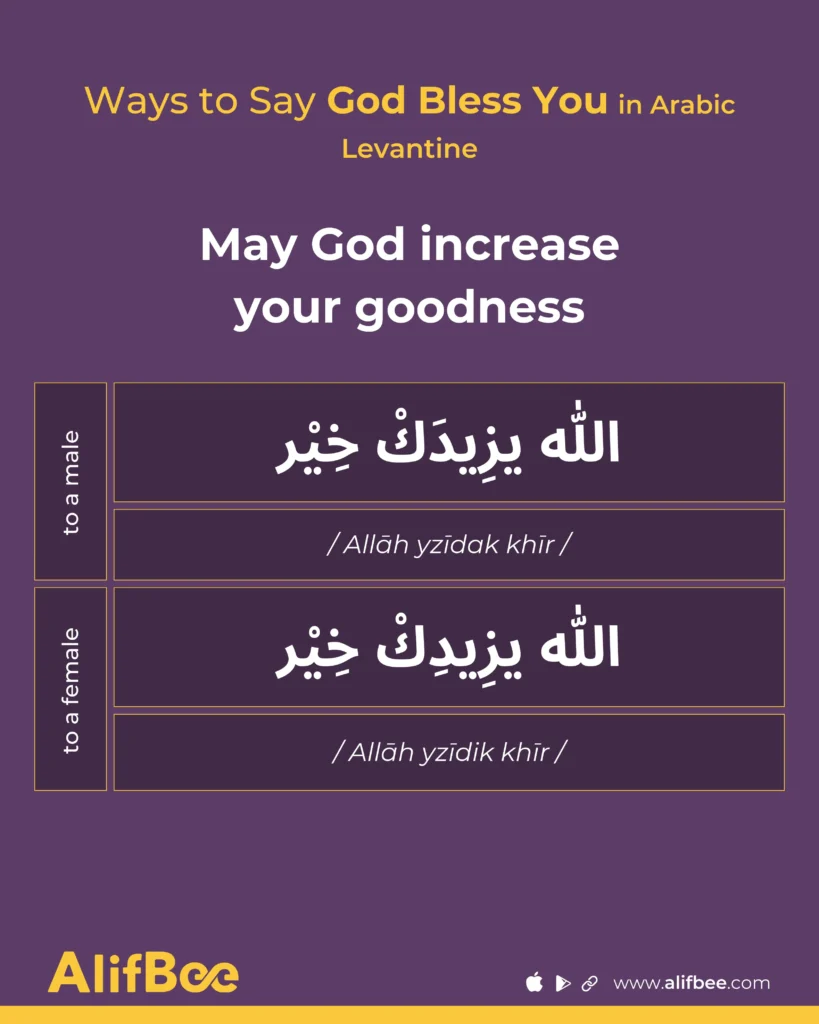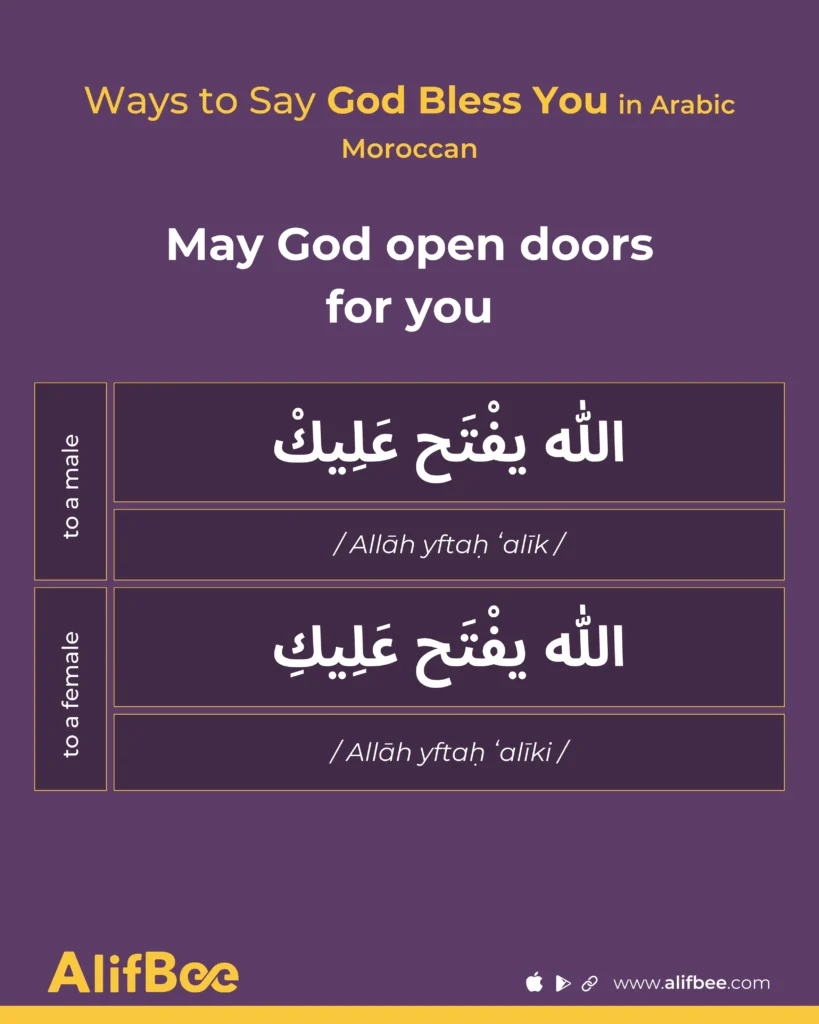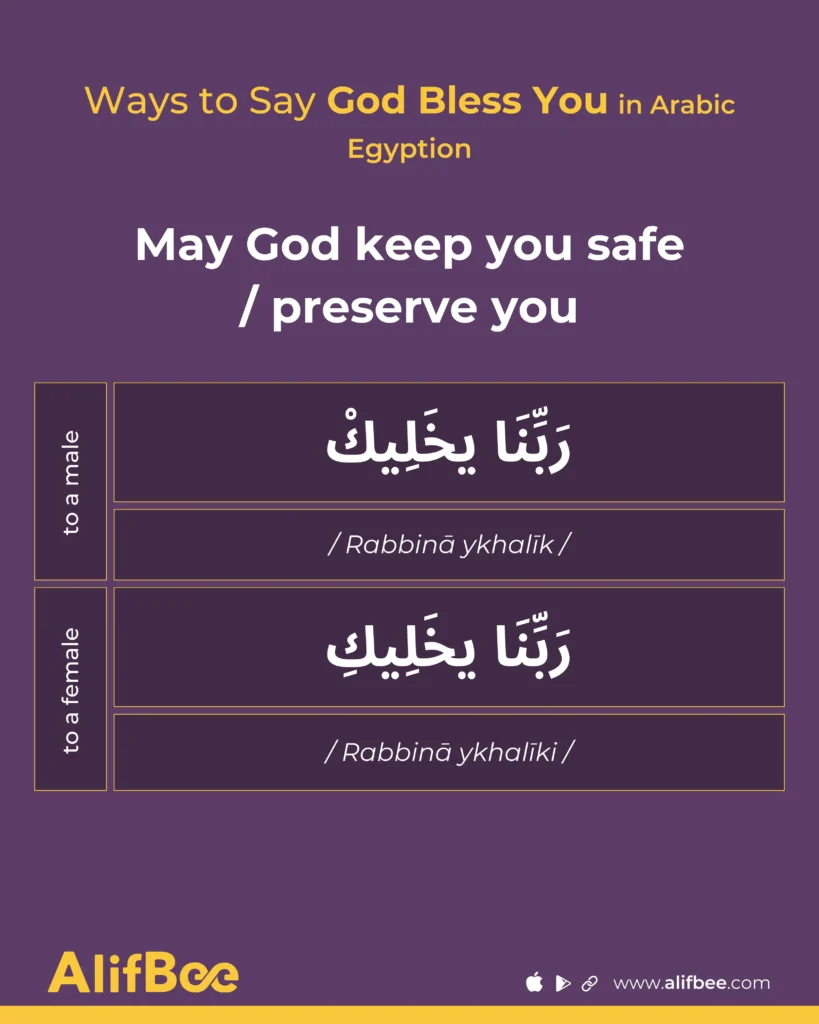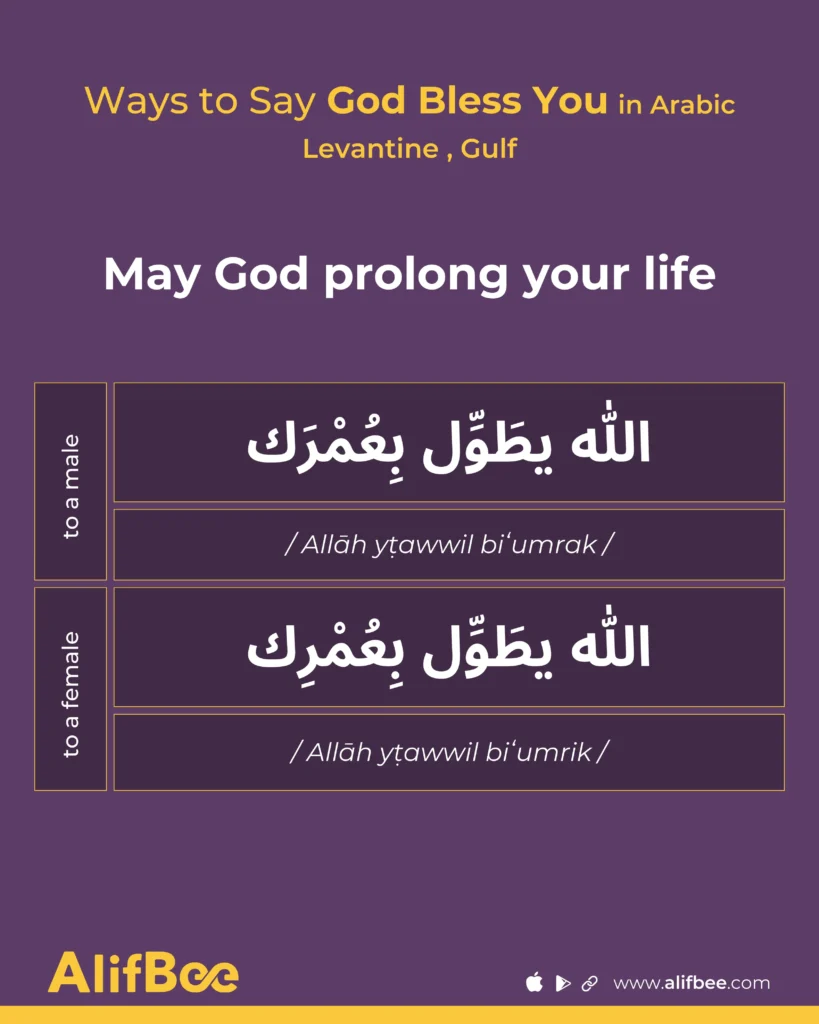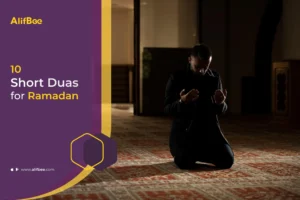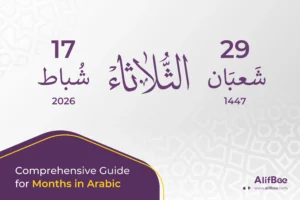Have you ever sneezed in public and suddenly felt all eyes on you? In English, someone might quickly say, “God bless you,” and that’s that. In Arabic, though, the response is “Yarḥamuka Allāh”—“May God have mercy on you.” Sounds deep for a sneeze, right? But that’s only the beginning. There are actually eight other ways to say God Bless You in Arabic, and each one has its own little world of meaning.
Here’s the thing: Arabs don’t just throw around blessings for sneezes. They use them everywhere; when you get a new job, when you’re looking good, when you pass an exam, even when you just… exist. It’s not about manners alone; it’s about weaving kindness and faith into everyday talk. And if you use the wrong phrase in the wrong moment? Well, you’ll get some polite smiles, but maybe also a raised eyebrow.
So, if you want to really get under the skin of Arabic culture (in a good way), learning these phrases is worth it. Not just what they mean, but when to say them, how to say them, and when not to. Below, I’ve lined up eight different “God bless you” with the stories and contexts behind them.
Let’s go.
Most Common Phrase for God Bless You in Arabic
Among the many polite Arabic phrases for “God Bless You”, one of the most used ones is Bāraka allahu fīka (بَارَكَ اللهُ فِيْكَ). If you are just starting to learn Arabic, we recommend learning and mastering this phrase before moving on to the others. It is simple yet polite, good for religious and non-religious situations.
بَارَكَ اللهُ فِيْكَ Bāraka allhu fīka
English
Transliteration
Arabic
God bless you (M)
Bāraka allhu fīka
بَارَكَ اللهُ فِيْكَ
God bless you (F)
Bāraka allhu fīki
بَارَكَ اللهُ فِيْكِ
Bāraka allahu fīka is one of the most commonly used phrases to convey ‘God bless you.’ In Modern Standard Arabic (MSA), “Bāraka allahu fīka” is used to express gratitude for any act of kindness. However, it does not directly say thank you, but instead calls upon Allah to bless that person.
Bāraka (بارك) means “to bless”, and “fik” means “in you”. Hence, the meaning is “May God bless you” or May Allah bless you in Arabic.
It can also be said after any achievement or event. The phrase itself is mainly used across the Arab countries for both religious and non-religious contexts.
Bāraka allhu fīki بَارَكَ اللهُ فِيْكِ
When addressing a female, instead of saying Bāraka allahu fīka, you’re supposed to say Bāraka allahu fīki. The difference is the addition of the suffix -ki for females and -ka for males. Also, note that fi (‘in’) signifies that the blessing is for a specific person.
Your Arabic Takeaway
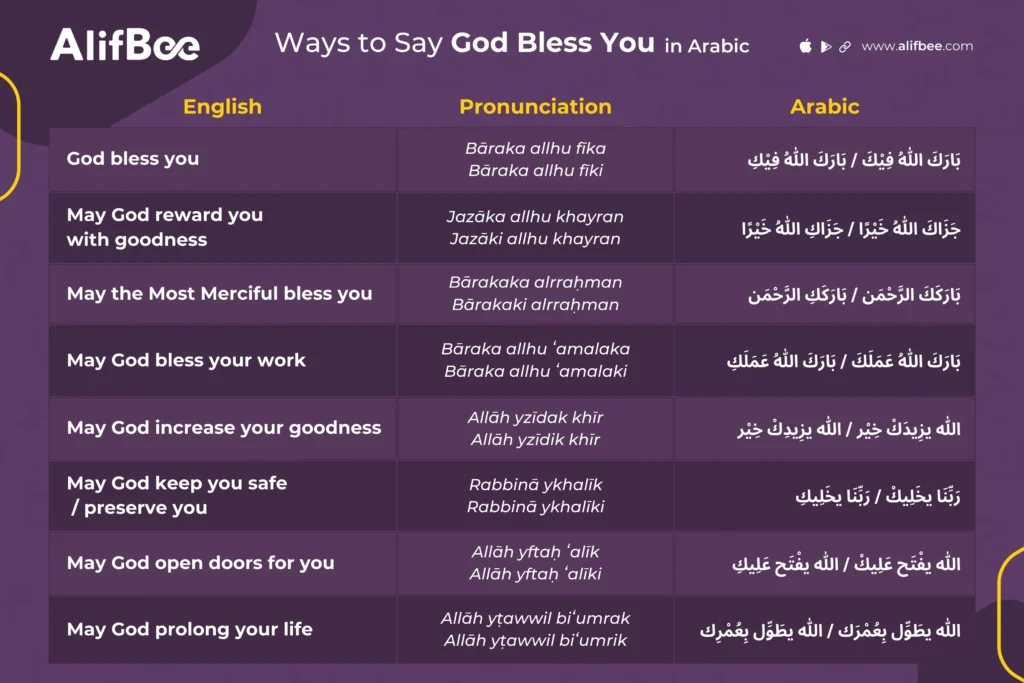
7 Other Ways to Say God Bless You in Arabic
Besides the most common phrase to say God Bless You in Arabic, there are 7 other polite Arabic phrases you can start learning today. However, you must remember that the use of these phrases depends on the setting (formal or casual) and the regional dialect used. So, pay attention to these notes as you go!
جَزَاكَ اللهُ خَيْرًا (Jazāka allhu khayran)
English
Transliteration
Arabic
May God reward you with goodness (M)
Jazāka allhu khayran
جَزَاكَ اللهُ خَيْرًا
May God reward you with goodness (F)
Jazāki allhu khayran
جَزَاكِ اللهُ خَيْرًا
Jazāka allhu khayran is a polite way of saying, ‘May God bless you with goodness.’ It is commonly used for expressing gratitude for someone’s kindness. When someone celebrates you or supports you, you call upon God to reward the person with goodness. Jazā in Arabic means rewards, and Khayr means goodness.
Jazāka allhu khayran is used when referring to a male. However, when addressing a female, you should say Jazāki allhu khayran.
When you say Jazāki allhu khayran to a native-speaker, they may reply to you with Wa iyyaka to males and Wa iyyaki to females, which means, “And to you, too.”
بَارَكَكَ الرَّحْمَن (Bārakaka alrraḥman)
English
Transliteration
Arabic
May the Most Merciful bless you (M)
Bārakaka alrraḥman
بَارَكَكَ الرَّحْمَن
May the Most Merciful bless you (F)
Bārakaki alrraḥman
بَارَكَكِ الرَّحْمَن
Another is Bārakaka alrraḥman, a formal way to say God bless in Arabic used in MSA. Its literal meaning is may the Most Merciful bless you, which makes it a powerful phrase, often used in religious gatherings. Bārakaka alrraḥman not only expresses gratitude for the support but also includes praying to al-Raḥmān, the Most Merciful, for the person you want to show gratitude to. Adding to the profound meaning of the phrase, the use of Allah’s name, al-Raḥmān (“The Most Merciful”), signifies invoking blessing from Allah and His mercy.
When addressing males, use Bārakākā al-Raḥmān, whereas when referring to females, use Bārakāki al-Raḥmān to say may Allah bless you in Arabic.
بَارَكَكَ الرَّحْمَن (Bārakaka alrraḥman)
English
Transliteration
Arabic
May God bless your work (M)
Bāraka allahu ʻamalaka
بَارَكَ اللهُ عَمَلَكَ
May God bless your work (F)
Bāraka allhu ʻamalaki
بَارَكَ اللهُ عَمَلَكِ
Next on the list, Bāraka allahu ʻamalaka is commonly used in MSA and is a formal way to say God Bless You in Arabic. In Arabic, Bāraka means blessing, or abundance, and ‘amal means work or deed. Hence, the literal meaning is May God bless your work. It is used to acknowledge one’s effort in completing a task or offering service. Therefore, wishing them direct abundance in their work.
Note that Bāraka allahu ʻamalaka is typically said to males, but when addressing females, the phrase used is Bāraka allahu ʻamalaki. The suffix is changed from -ka to -ki.
الله يزِيدَكْ خِيْر (Allāh yzīdak khīr)
English
Transliteration
Arabic
May God increase your goodness (M)
Allāh yzīdak khīr
الله يزِيدَكْ خِيْر
May God increase your goodness (F)
Allāh yzīdik khīr
الله يزِيدِكْ خِيْر
Allāh yzīdak khīr is commonly used in the Levantine dialect as a friendly and conversational way to say god bless you and make a quick prayer. The verb zāda (زاد) means “to increase,” and “ khīr” means goodness. Hence, the meaning, may God increase your goodness.
In the Levantine dialect, it is pronounced yzīdak instead of MSA yazīduka. It is used to express gratitude after receiving kindness. Another phrase with the same meaning is Kattar khīrak كَتَّر خِيرَك, and Allāh ykattir khīrak الله يَكَتِّرْ خِيرَك usually heard in Syria, Lebanon, Palestine and Jordan.
While this phrase is typically used to refer to males, to address females, you should use the phrase “Allāh yzīdik khīr” instead.
رَبِّنَا يخَلِيكْ (Rabbinā ykhalīk)
English
Transliteration
Arabic
May God keep you safe / preserve you (M)
Rabbinā ykhalīk
رَبِّنَا يخَلِيكْ
May God keep you safe / preserve you (F)
Rabbinā ykhalīki
رَبِّنَا يخَلِيكِ
Fifth on the list, Rabbinā ykhalīk is usually used in a friendly tone in the Egyptian dialect. In the Egyptian dialect, the verb khalā (خلَى) means “to keep, preserve,” and Rabbina ( رَبِّنَا) means “Our Lord.” Therefore, its literal meaning is “May God preserve you.”
It is commonly heard in the region of Egypt and used between family and relatives to express warmth and gratitude in response to compliments. Say Rabbinā ykhalīk when addressing a man, and Rabbinā ykhalīki when addressing a woman.
الله يفْتَح عَلِيكْ (Allāh yftaḥ ʻalīk)
English
Transliteration
Arabic
May God open doors for you (M)
Allāh yftaḥ ʻalīk
الله يفْتَح عَلِيكْ
May God open doors for you (F)
Allāh yftaḥ ʻalīki
الله يفْتَح عَلِيكِ
Allāh yftaḥ ʻalīk says God bless you in a way that is used to encourage someone in hardship, and to make a prayer for someone who helped you. The word fataḥa (فتح) means “to open”, which represents new opportunities and success. Thus, the literal meaning is “May God open doors for you”.
It is commonly used in the Moroccan dialect to encourage someone during their difficult times, as is customary in Moroccan culture. Allāh yftaḥ ʻalīki is used to address females, while for males, Allāh yftaḥ ʻalīk is used. So, for females, there is the addition of the suffix -ki.
الله يطَوِّل بِعُمْرَك (Allāh yṭawwil biʻumrak)
English
Transliteration
Arabic
May God prolong your life (M)
Allāh yṭawwil biʻumrak
الله يطَوِّل بِعُمْرَك
May God prolong your life (F)
Allāh yṭwwil biʻumrik
الله يطوِّل بِعُمْرِك
Last on the list, the phrase “Allāh yṭawwil biʻumrak” is used respectfully in the Levantine and Gulf dialects. The word ṭāla (طال) means to make, and the biʿumrak (بِعُمرك), which means your life. Thus, the literal meaning of the phrase is “May God prolong your lifespan”.
In the Levantine regions, you hear people using the phrase “Allāh yṭawwil biʻumrak” to wish older people a long life and respect. In the Gulf, “طال عمرك” (ṭāl imrāk) is used similarly and to address males. However, when referring to females, the phrase becomes “Allāh yṭwwil biʻumrik.”
Common Mistakes Learners Make
Often, learners confuse the phrases to use when saying ‘God bless you’ in different contexts. Let’s look at some of the common mistakes and how you can avoid them:
Mixing Context
These mistakes refer to using a phrase that is not appropriate for the situation. For example, saying “Jazāka allahu khayran” when someone sneezes would be wrong. The correct response to a sneeze is to say “Yarḥamuka Allāh.” To avoid such mistakes, start by understanding the phrases and their context to use them effectively.
Mixing the Gender forms
Confusing the phrases between genders is one of the most common mistakes. For instance, saying Allāh yftaḥ ʻalīki to a male when it is for females and vice versa. To avoid mistakes, focus on the gender-specific suffixes. Remember, -ka is for males and -ki is for females.
Pronunciation Pitfall
Pronunciation is a pretty common mistake for all Arabic words, especially because the Arabic phonics are quite different from English phonics. Some common Arabic pronunciation pitfalls include shortening of long vowels or mispronouncing a deep sound. The best way to avoid this is by listening to native speakers daily and staying consistent.
Final word
At the end of the day, learning how to say God bless you in Arabic is simply a glimpse into how Arab people connect, encourage, and look out for one another. In fact, these phrases carry a whole cultural rhythm. And yes, at first you might mix them up or blurt out the wrong one (we’ve all been there), but that’s part of the journey.
The point is to try. Drop one of these blessings into a real conversation, see the smile you get back, and you’ll know you’re onto something.
And if you want more than just “God bless you,” well… we’ve got plenty waiting for you inside the AlifBee app.
Want to understand and use Arabic phrases like these with confidence? Begin your 14-day free learning journey with AlifBee.


